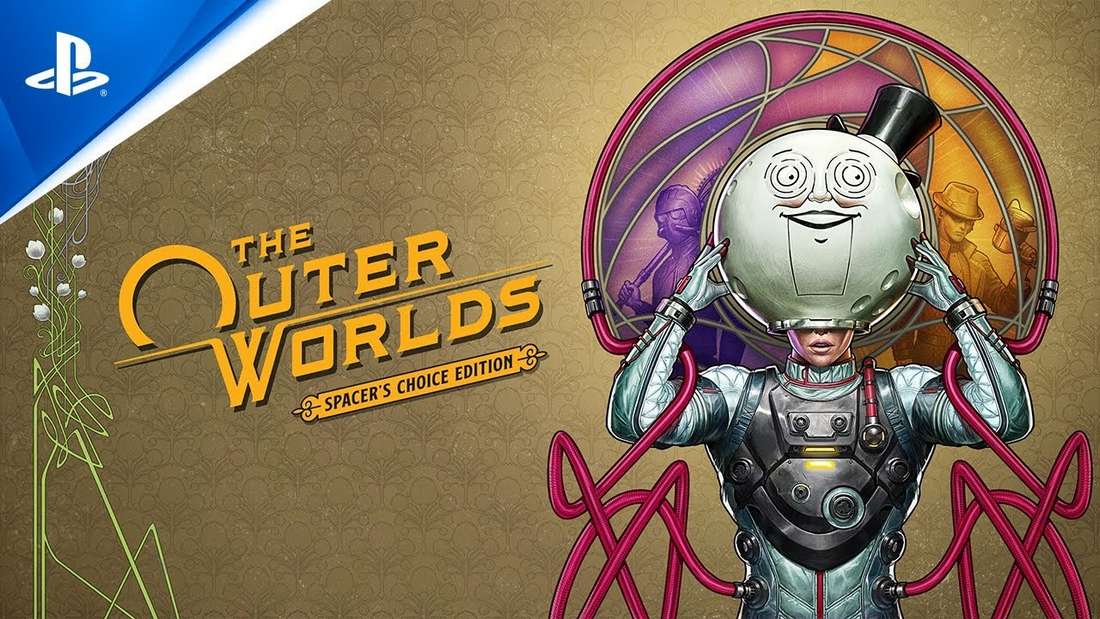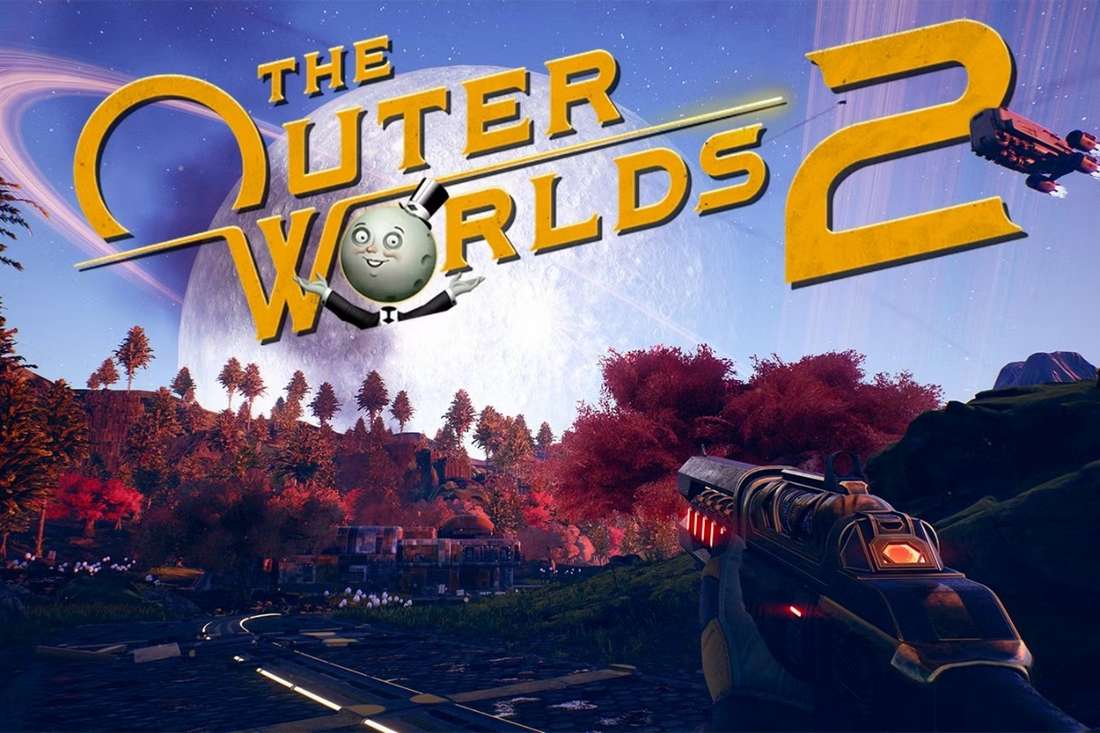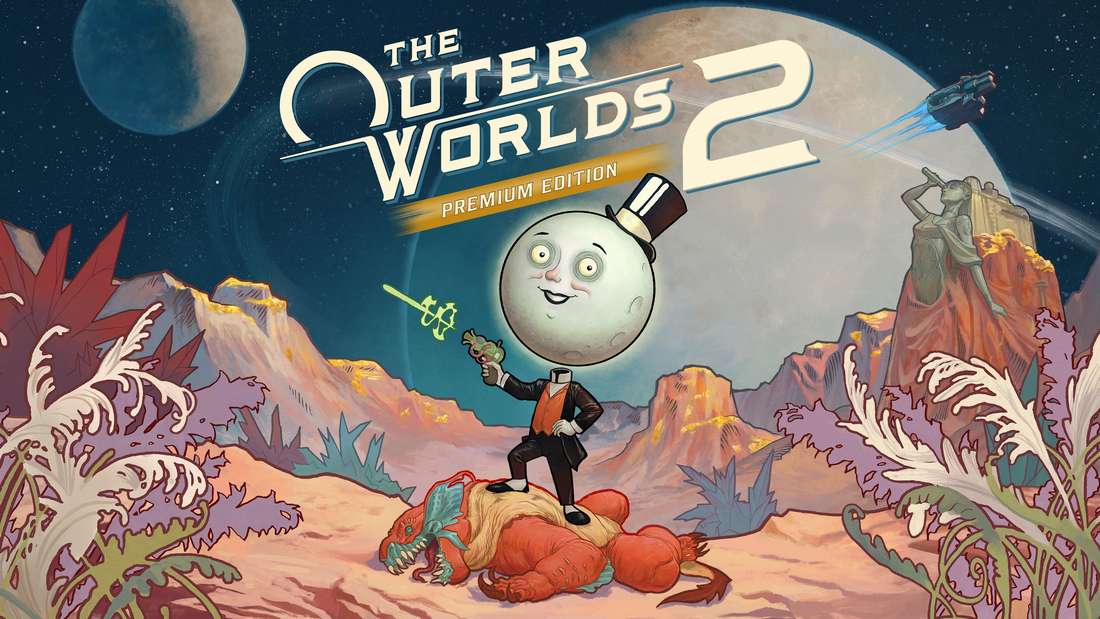The Outer Worlds 2 Delivers Ironic Critique: The ‘Consumerism’ Flaw Mocks Premium Edition Buyers in a High-Stakes Financial Landscape
Popular Now
 Minecraft
Minecraft
 League of Legends
League of Legends
 The Legend of Zelda
The Legend of Zelda
 FIFA 23
FIFA 23
 Valorant
Valorant
 Candy Crush Saga
Candy Crush Saga
 Grand Theft Auto V
Grand Theft Auto V
 Toca Boca World
Toca Boca World
 Roblox
Roblox
 EA SPORT FC 25
EA SPORT FC 25 
The highly anticipated release of The Outer Worlds 2 from Obsidian Entertainment has landed, bringing with it not just a sprawling new narrative in the Arcadia system but also a deeply meta-textual, and somewhat uncomfortable, commentary on the very act of premium edition game acquisition. In a move that has sparked widespread discussion across the gaming community and on social media platforms, players who opted for the high-priced version of the game, granting them early access, were “rewarded” with a unique, optional in-game debuff known as the “Consumerism Flaw.” This element of the role-playing game (RPG) not only satirizes corporate greed—a hallmark of the franchise—but turns the critical lens directly onto the high-value customers themselves.
 Details of the Consumerism Flaw and its Financial Impact
Details of the Consumerism Flaw and its Financial Impact
The Flaws system is a core, expanded mechanic in The Outer Worlds 2, offering players the choice to accept a permanent debuff based on their in-game actions or, in this singular case, their pre-game purchasing behavior. The description of the ‘Consumerism Flaw’ is an unvarnished jab at the user’s spending habits:
- Flaw Name: Consumerism
- Description: “The Earth Directorate found a flaw in you! Consumerism! You’re the reason our marketing works. Promotions and sales have riddled your brain, and you’re more interested in buying the next big thing than financial planning.”
- In-Game Effect (Upside): Vendor Prices are reduced by -15%. This creates an immediate, though perhaps misleading, financial advantage for the player who frequently buys in-game items or equipment.
- In-Game Effect (Downside): Sell Value at Vendors is reduced by -10%. This balances the economy by making the acquisition of the player’s primary source of high-CPC currency, ‘Bits,’ slightly less profitable, subtly discouraging the accumulation of wealth through traditional looting and selling.
This calculated exchange of a purchase discount for a decreased sell value is a clear, if tongue-in-cheek, representation of a flawed economic mentality, challenging the typical AAA game monetization model and the subsequent consumer spending habits it relies upon. The irony is palpable: players pay a premium price for the privilege of a humorous, self-aware critique of that very transaction.
Corporate Satire and Developer Self-Awareness
The satirical tone of The Outer Worlds franchise has always centered on the pervasive, often absurd, influence of megacorporations in a distant future. However, this particular Flaw takes the satire to a new, highly meta level. Obsidian Entertainment, now operating under Xbox Game Studios, a division of Microsoft, is effectively using their own product to comment on the practices of their parent corporation and the broader video game industry while simultaneously benefiting from those very practices. This is not the first instance of such self-aware humor; the game’s initial reveal trailer famously mocked the repetitive nature of sequel announcements and marketing hype.
Some critics and players view this as a brilliant, postmodern piece of commentary—a way for the developers to maintain their artistic integrity and anti-corporate stance even while working within a corporate structure. Others, however, see it as a “toothless satire” that ultimately reinforces the system it attempts to criticize, profiting directly from the high-margin sales of the Ultimate Edition it mocks. The conversation is complex, touching on themes of corporate co-option and the limits of artistic rebellion within a capitalist framework.
Community Reaction and The Outer Worlds 2’s Launch Reception
Initial reactions from players who purchased the Premium Edition and gained early access have been largely positive, taking the jab in good humor. Posts displaying the Flaw’s pop-up have gone viral, with many users praising Obsidian for the “friendly jab” and the bold meta-commentary. The new emphasis on deeper RPG progression mechanics, more impactful choices, and a seemingly larger, more complex world have contributed to strong early reviews for the Xbox Series X/S, PlayStation 5, and PC title, currently boasting high critic and user scores.
The Flaw also aligns with Obsidian’s continued commitment to role-playing depth, where every choice, even the decision to accept a $100 price point for early play, carries a consequence and a narrative weight. Furthermore, reports indicate that the Consumerism Flaw may unlock unique, humorous dialogue options within the game, further integrating the meta-joke into the actual gameplay experience.
Conclusion: A New Benchmark for Game Satire
Ultimately, the inclusion of the ‘Consumerism Flaw’ in The Outer Worlds 2 serves as a powerful and highly topical example of developer-consumer interaction. It is a calculated risk—a piece of performance art that critiques the consumer culture of the gaming marketplace while leveraging it for success. Whether it is a legitimate critique or a cleverly veiled piece of marketing, it has secured a massive amount of organic content and discussion, proving that sometimes, the best way to generate buzz for a new AAA release is to challenge the audience’s assumptions about their own habits. For players exploring the new colony of Arcadia, the Flaw stands as a permanent, optional reminder of the high cost of being ahead of the curve in the competitive world of digital entertainment.
 Keywords for High-Value Search Engine Optimization (SEO) and Cost Per Click (CPC):
Keywords for High-Value Search Engine Optimization (SEO) and Cost Per Click (CPC):
- The Outer Worlds 2
- Consumerism Flaw
- Premium Edition
- Obsidian Entertainment
- New Game Release
- RPG
- Xbox Series X/S
- Gaming Community
- Early Access
- AAA Game
- Video Game Industry
Source Material Consultation:
- Various news reports and social media discussions (Reddit, Tech4Gamers, PC Gamer, GamingBolt) detailing the Flaw’s discovery, description, and effects.








